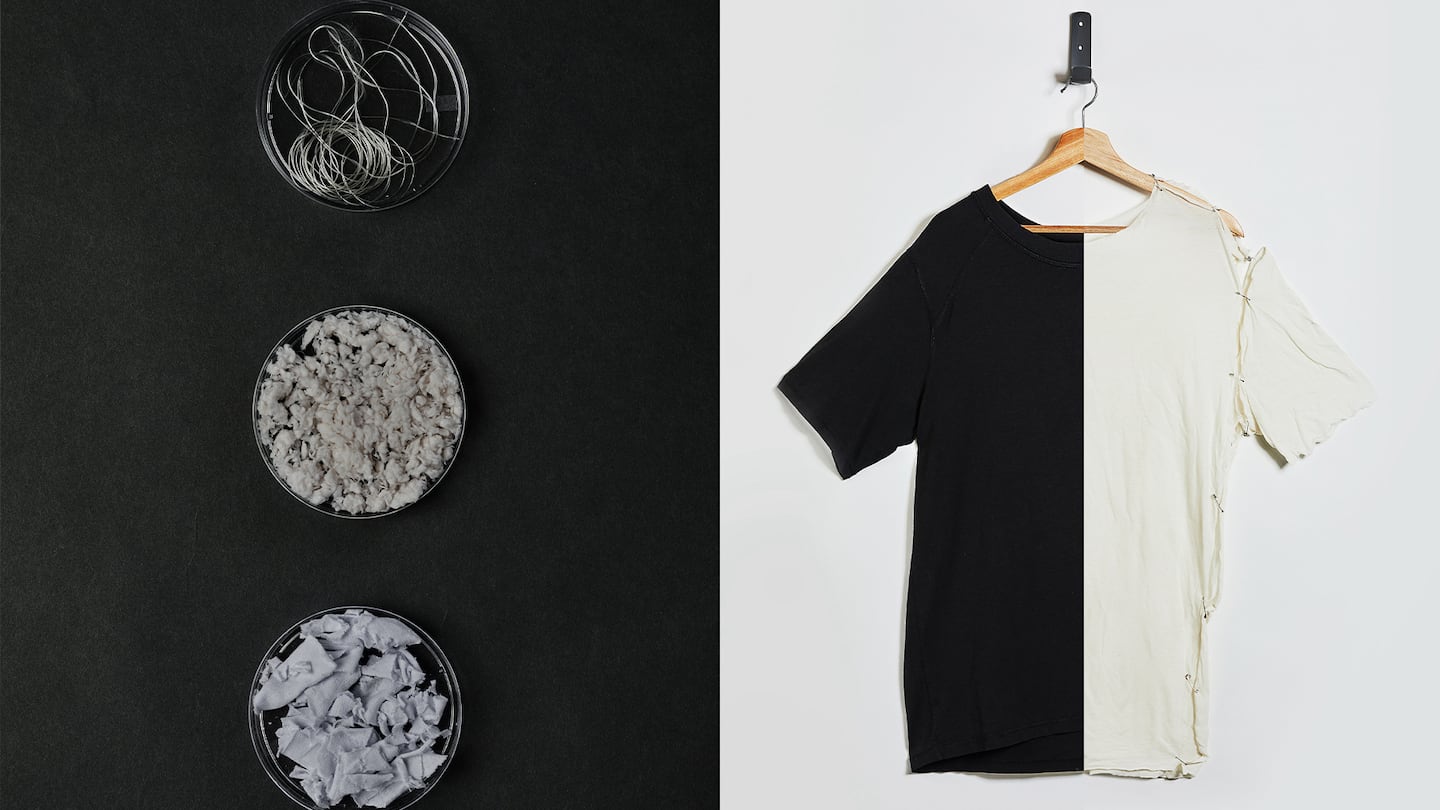
The Business of Fashion
Agenda-setting intelligence, analysis and advice for the global fashion community.

Agenda-setting intelligence, analysis and advice for the global fashion community.

European retail giant Zalando, material science and digital labels maker Avery Dennison and outdoor and sportswear manufacturer Youngone participated in the funding round announced Wednesday, along with several previous investors including 8090 Industries, Circulate Capital, Vodia Capital, and City Light Capital.
Virginia-based Circ, which has developed a heat and chemical process for recycling clothes made from polyester-cotton blends, said it would use the funding to accelerate building its facilities for industrial scale, with a view to bringing its first consumer products to market in the first half of this year.
The deal follows an $30 million Series B round Circ closed in July 2022, which saw Zara-owner Inditex enter the clean-tech space for the first time as one of the participating investors. It’s an example of brands’ and retailers’ growing interest and investment in innovative, sustainability-focused start-ups, particularly as incoming regulation puts further pressure on the fashion industry to reduce its environmental impact, tackle a mounting clothing waste crisis and curb demand for virgin raw materials.
Learn more:
ADVERTISEMENT
Inditex Enters ‘Clean Tech’ With Investment in Circular Start-Up Circ
The fast-fashion giant joined a $30 million funding round, making its first venture investment in a clean technology company as interest in textile recycling grows.
Traces of cotton from Xinjiang were found in nearly a fifth of samples from American and global retailers, highlighting the challenges of complying with a US law aimed at blocking imports that could be linked to forced labour in China.
The fashion industry continues to advance voluntary and unlikely solutions to its plastic problem. Only higher prices will flip the script, writes Kenneth P. Pucker.
The outerwear company is set to start selling wetsuits made in part by harvesting materials from old ones.
Companies like Hermès, Kering and LVMH say they have spent millions to ensure they are sourcing crocodile and snakeskin leathers responsibly. But critics say incidents like the recent smuggling conviction of designer Nancy Gonzalez show loopholes persist despite tightening controls.